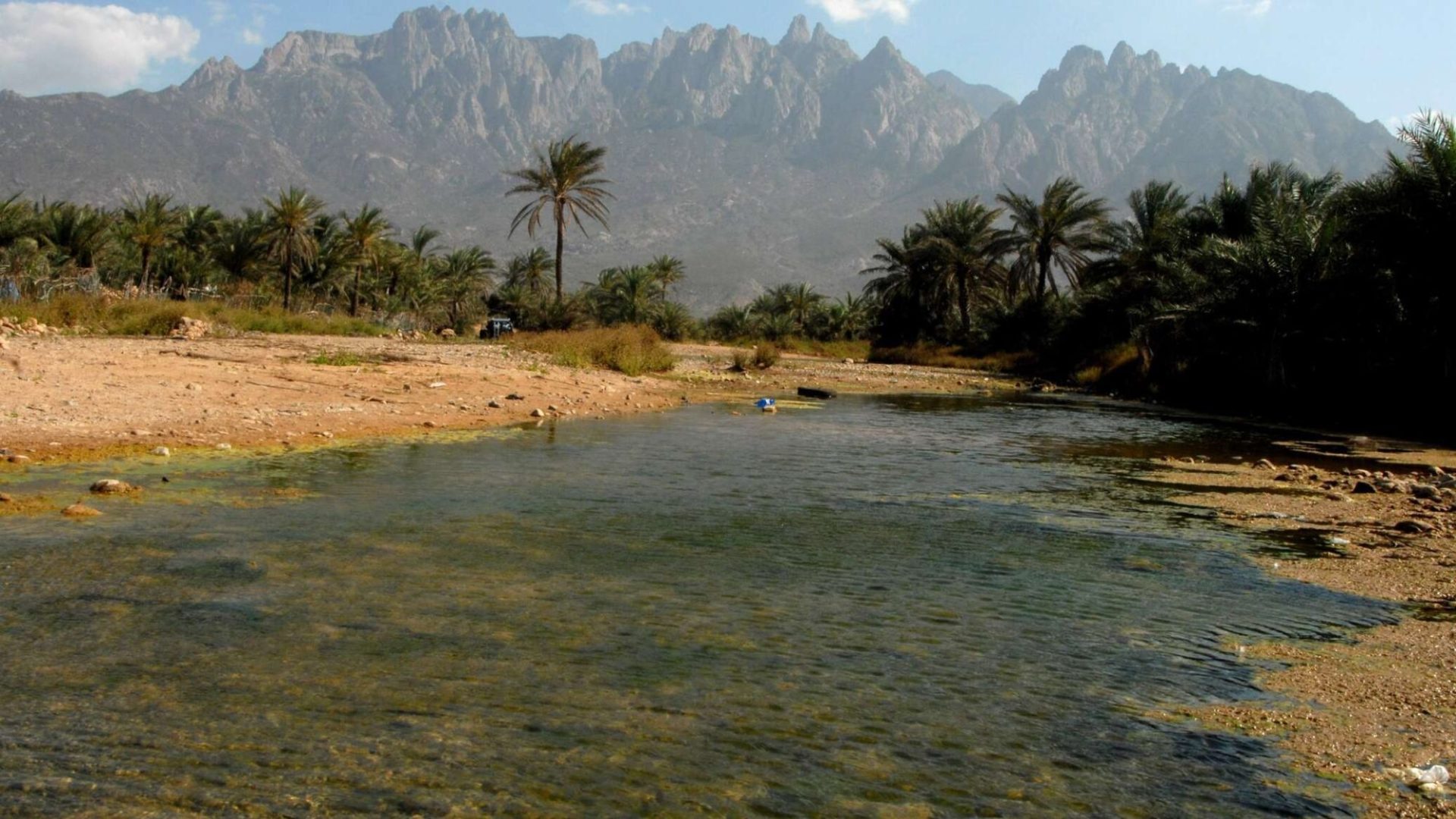Watan-Yemeni sources have revealed a malicious Emirati plan being gradually executed away from the media, aimed at undermining the national identity of the local community in the Yemeni archipelago of Socotra, in order to solidify the occupation of the strategically located province.
The sources spoke of the UAE’s escalation of conspiracies in Socotra, situated in the Indian Ocean off the coast of southern Yemen, with the aim of gaining aggressive influence for Abu Dhabi.
They stated that Emirati authorities have launched a comprehensive plan targeting the Yemeni identity of the community in Socotra, meddling with its customs, traditions, and norms, in favor of customs and traditions previously unseen by the province’s inhabitants.
According to the sources, the UAE aims to destroy the customs and traditions of the Socotra community and replace them with Emirati traditions and customs, in a new attempt to undermine the local identity on the island under different pretexts.
تقبض الإمارات على #سقطرى، وتستخرج خيراتها، وتحكم قرارها
تتحكم بالقادمين والخارجين، وتقوم باستجلاب السياح والصـ ـهـ ـاينة إليها
تستخدم عمالة رخيصة من ميليشيات الانتقالي لتنفيذ أوامرها
فيما يعيش أهل سقطرى ظروفًا صعبة، ولا يجدون إلا ما ترميه لهم الإمارات
العار على الانتقالي الشرطي… pic.twitter.com/lmQPBBoy1v— عادل الحسني (@Adelalhasanii) March 16, 2024
Who is responsible for the Emirati plan?
The Emirati official in Socotra, Mubarak Al Mazrouei, is responsible for financing activities and festivals aimed at undermining the values of the Yemeni Socotri community, and changing their customs and traditions in favor of foreign customs on the island.
These practices included recently organizing a festival in Socotra funded by Al Mazrouei, through which inappropriate and foreign customs were imposed on the province’s inhabitants, including clear and declared mixing of men and women, contrary to the values and norms of the island’s society.
The organizers of the Abu Dhabi-backed festival did not mention Socotri customs and traditions, but attributed all those customs and traditions known in the island to the UAE, according to a report published by the EmiratiLeaks platform.
Military escalation
In parallel, Abu Dhabi continues its policy of military escalation on the island of Socotra, by enabling armed elements that have been brought in over the past weeks, centered in Hadiboh but from outside the island, under the command of the First Marine Infantry Brigade.
Additionally, soldiers native to the archipelago are being sidelined and their salaries withheld to bolster these militia elements, amidst warnings that these destructive policies pose a danger to the island’s inhabitants.
This comes amidst the failure of the Ministry of Defense in the recognized government to distribute salaries through accredited agents, so that everyone can receive their salaries and rights, while the salaries of the soldiers of the First Marine Infantry Brigade are received by the brigade’s commander, who manipulates them under directives from outside the archipelago.
الشيخ علي سالم الحريزي : المجلس الانتقالي مجرد مليشيات اجرامية جندتها الامارات لصالحها ولولا أوامر الامريكيين والبريطانيين لما جاء الاماراتيين إلى سقطرى.
أين موقف الانتقالي وأين موقف الحكومة الشرعية ؟ ولا كلمة pic.twitter.com/ueLqObqVTI— صالح المهري – ابن المهرة Salah Almahri (@ibnalmaharh) March 24, 2024
The Emirati authorities provide financial support to their followers in Socotra, in addition to other support in the form of food supplies. Later, they announce that they have provided aid and charitable assistance to the island’s residents, contrary to reality, where citizens only suffer from poverty and the exorbitant cost of living there.
Occupation of Socotra’s beautiful beaches
Among the UAE’s movements in Socotra is their interference in Yemeni state properties and the beautiful beaches of the island, where they have seized some of the most beautiful beaches near the port of Socotra from the east and west, in an aggressive behavior aimed at besieging the port from all directions.
Since June 2020, the Southern Transitional Council, advocating for the separation of the south from the north with Emirati funding, has controlled Socotra after limited confrontations with government forces, supported by Emirati forces present on the strategic island off the coast of southern Yemen.
Activists provided evidence of the increasing Emirati presence on Socotra, including the construction of Emirati military bases, recruiting Socotri residents into the UAE, issuing visas in exchange for loyalty, smuggling Socotra’s animal and environmental wealth to Abu Dhabi, and complete control over the island’s port and airport, imposing transactions in Emirati dirhams instead of the Yemeni riyal.
